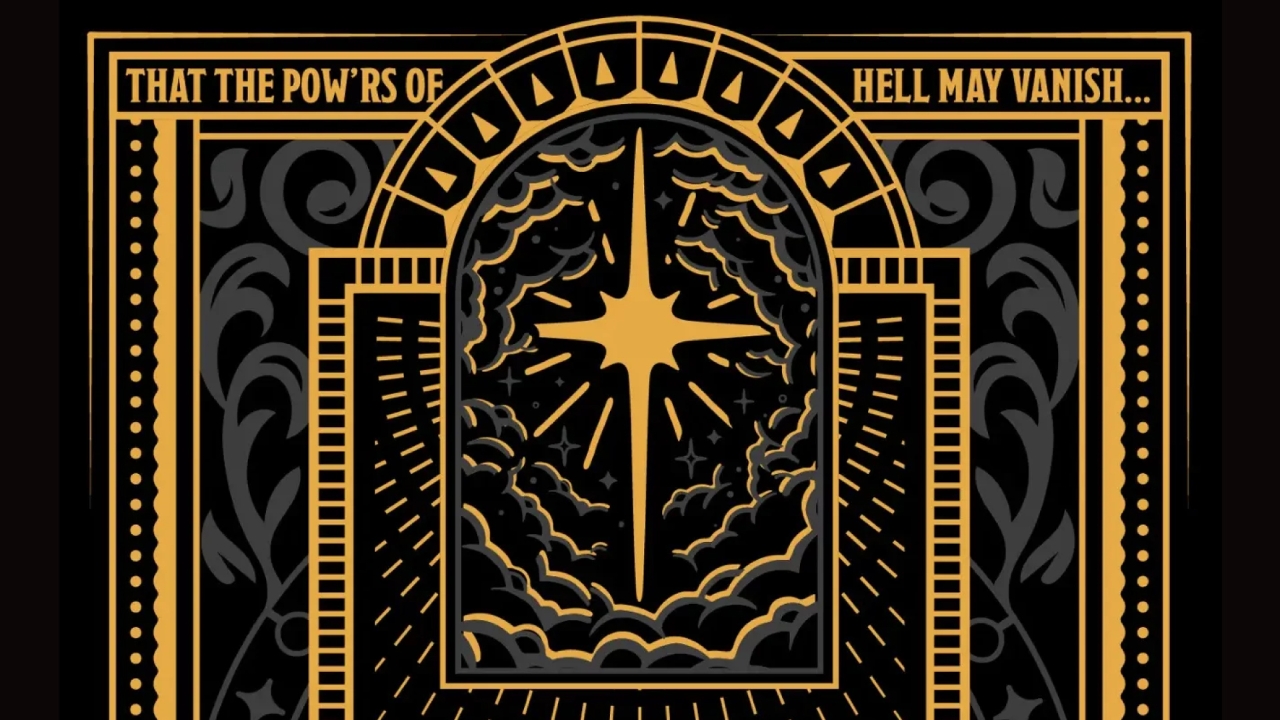
Post Tenebras Lux
The people who walked in darkness have seen a great light; those who dwelt in a land of deep darkness, on them has light shone.
Isaiah 9:2
For several hundred years leading up to the sixteenth century, Europe was engulfed in spiritual darkness. The Word of God and its message of God’s grace had been largely forgotten. The Roman Catholic Church had become extremely corrupted and had virtually lost the good news that God saves sinners by grace alone through faith alone in Jesus Christ alone.
Then, in His kind providence, God caused spiritual light to break through the darkness. The good news of God’s grace in Jesus Christ began to be preached by more and more pastors. That message — that God loves sinners and gave His Son to do everything necessary to save them—started to be believed and spread throughout Europe and England. As more and more people believed the Bible’s message and were transformed by the miraculous power of God’s grace, society began to change; towns and regions were transformed with new civility and peace.
Post tenebras lux means “after darkness, light.” It is a fitting description of what happened in the sixteenth-century Protestant Reformation. After centuries of darkness, the light of the gospel of Jesus Christ dawned and changed everything. It is also an apt summary of the promise made by God through the prophet Isaiah seven hundred years before Jesus was born.
Isaiah ministered in Judah during a spiritually dark time. He lived in the last half of the eighth century BC. As a result of turning away from the Lord, the people of Judah became engulfed in spiritual and moral darkness. Yet because of His great grace and mercy, God promises that darkness will not ultimately win—He promises His people that, after darkness, the light of the gospel will break through.
Have you ever been in a place where the darkness was so thick you could feel it? Like a cave, or a basement with no lights? When you are in a dark room or being forced to walk down a dark street, your mind can play tricks on you, can’t it? Darkness inhibits one of the main senses by which we understand our world. When you are trying to figure out where you are or which way you should go, darkness can really cause you to become disoriented. What you need is light.
The same thing is true spiritually. Isaiah employs this metaphor to describe the spiritual condition of the Old Testament Jews from his day to the birth of Jesus Christ. The more God’s people turned away from His Word, the deeper into spiritual darkness they fell. After a while, they forgot what God had said. They forgot His promises. They disregarded His law. They lost sight of His provisions for them. This still happens to us today. When we forget the provisions that we have in Christ, we drift into spiritual darkness and apathy.
God shattered the darkness by sending His Son to be born of the Virgin Mary in Bethlehem. This is the “light” that, through Isaiah, He promised to send. As He explains in Isaiah 9:6, “For to us a child is born, to us a son is given; and the government shall be upon his shoulder; and his name shall be called Wonderful Counselor, Mighty God, Everlasting Father, Prince of Peace.” God promised it. This divine promise that is wrapped up in the life and work of Jesus Christ calls us not to succumb to the present darkness, no matter how long it may be.
Because light will come, just as God has said.
After darkness, light. That is the promise of the gospel. And that is the hope this Christmas that rightly belongs to everyone who trusts Jesus as Lord.
(This article is taken from Tom Ascol’s most recent book, As the Darkness Clears Away. This is available now at press.founders.org.)
